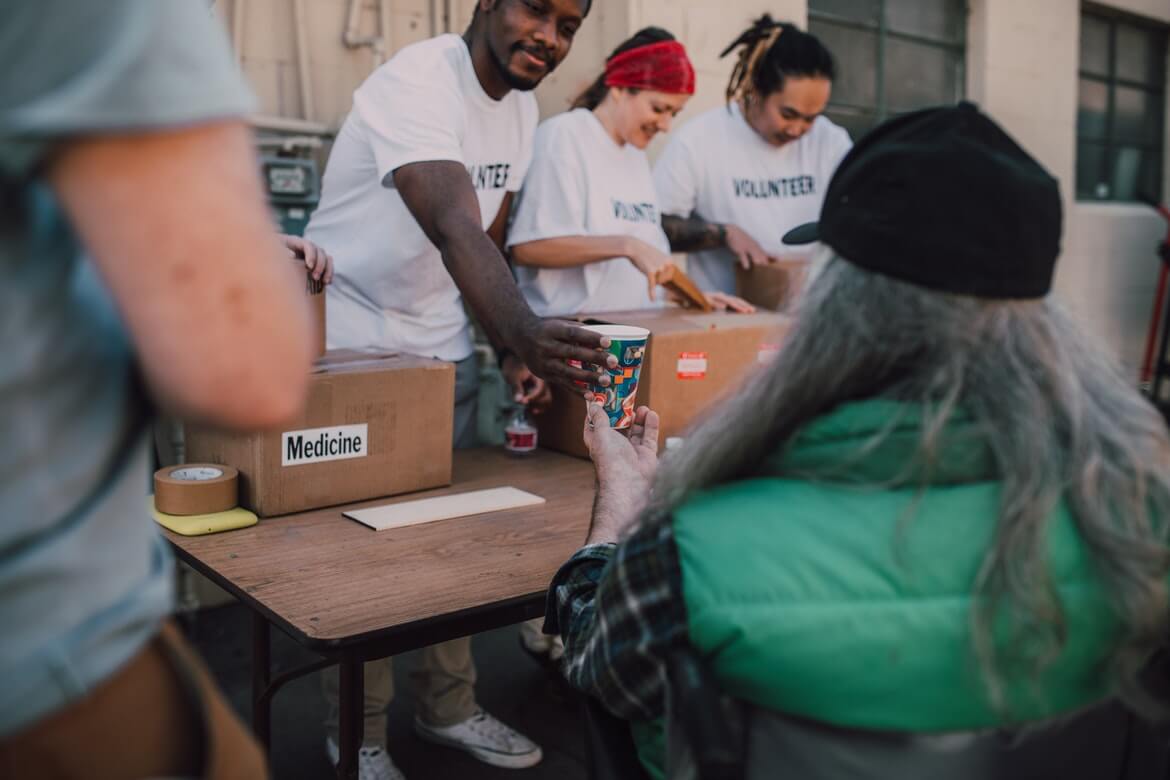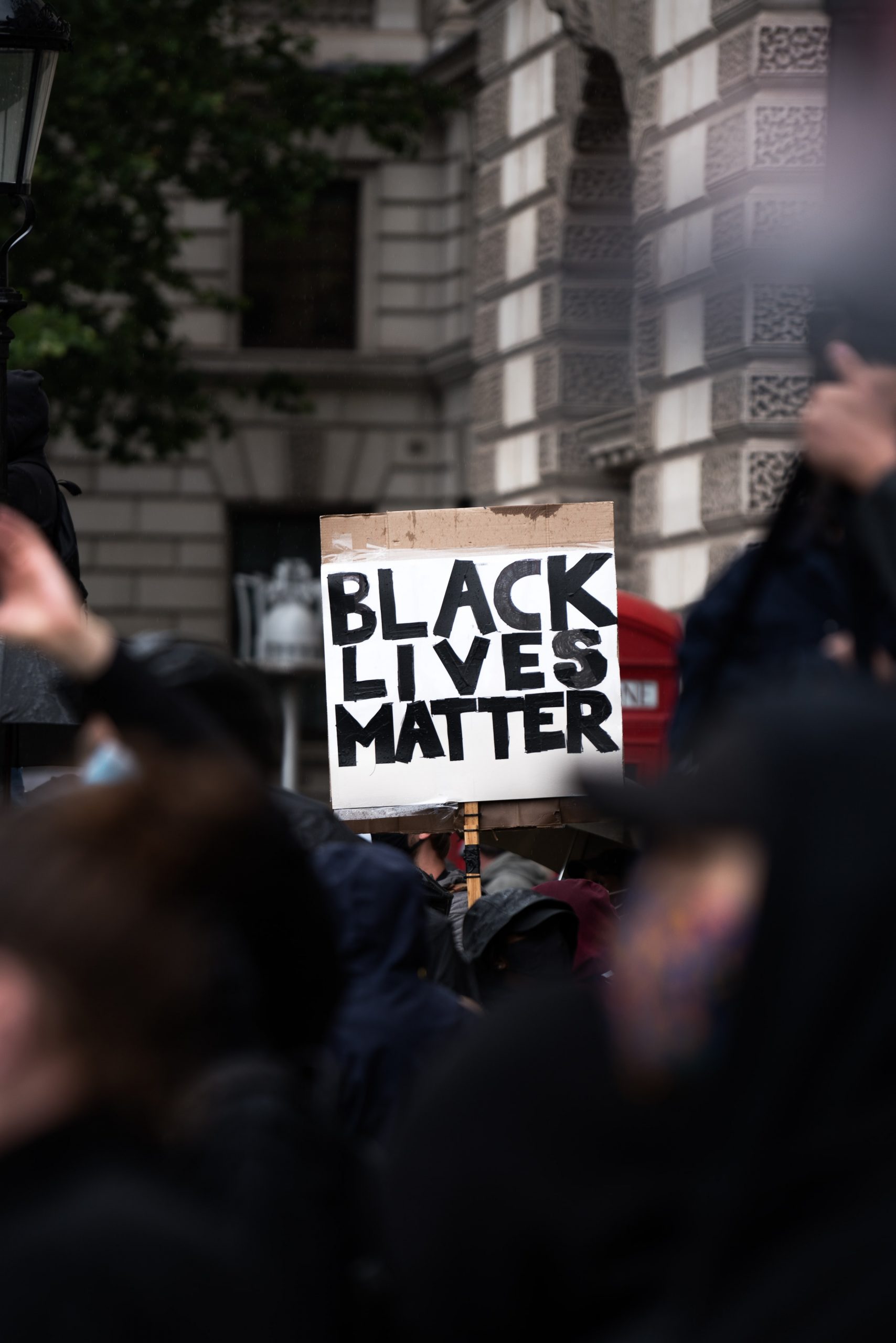Paul is from Congo RDC. He came to Greece on the 7th July 2019, fleeing persecution in his country. He has been living in the island of Lesvos for 14 months waiting for his asylum to be granted. After two initial rejections, Paul is making a last appeal on his case.
In this testimony, Paul speaks up about his experience as a Black asylum seeker in Greece, and more specifically inside the old notorious Moria camp in Lesvos. He talks of the racism he experiences, the unfair and inequal access to support services available to him due to racial profiling and share of his experience of the Greek asylum system and Greek culture.
Paul: I came to Greece, Lesvos, 14 months ago. In one month, it will be 15 months.
I had to flee a political situation which I was trapped in. This is why I escaped to come here and ask for asylum.
To come here, I had to go through Turkey. It wasn’t easy there. Now that I am here, none of my rights as an asylum seeker are respected. Here it seems as if the laws to protect asylum seekers change every week, always in our disfavour. Our conditions are inhumane in every aspect: sanitary, hygiene, living conditions, and accomodation. The asylum procedure and paperwork is extremely slow. It’s hard to accept. Everything we tell seems to be hard to accept by people, our reality, our stories, everything we are living now and everything we went through. I had two rejections for my asylum claims.
In the camp, we were overcrowded. The camp was made for 3,000 people and at one point we were 20,000 people. There was too much disturbance, too much hostility between communities. Rapes, thefts, crimes, fights, all because of the horrible conditions in which we were forced to live.
What did you hope for when you crossed the Mediteranean sea asking for safety here in Europe?
When I arrived in Europe I had no dreams but an objective: regaining my rights which were violated back in my country. I wanted to be protected and to continue living a normal life, just like I used to back home before everything happened. I led a normal life, I had my routine, and went about my business freely. I did not leave my country because I wanted to, I lived well with my family there. Europe has never been an Eldorado for me, it is because of the political situations of my country that I came here to ask for protection and I was forced to leave all of my family behind.
Like everybody else I had dreams for the future, now it is as simple as wanting to live in peace, it is the lack of peace in my life back home that made me escape. I didn’t have security, or protection, my life was in permanent danger, all because of our dictatorial regime which is the reason many of our citizen rights are often violated. I want to work again, contribute to society, give more to the future generation, be part of making the world flourish. Because even if my current situation tells me otherwise, I know that I still have some things to give to the world. We are always called to leave good traces behind us for other people to survive, and one day I would like to find my family if possible, and help people in similar situations like the ones I am going through today. Being an activist is perhaps my new dream, help the voice of the voiceless be heard, support the weak, the abandoned, fight for racial equality, nations, ethnicities. Fighting for justice and against injustice too, because those difficult roads, these difficult moments that I went through made me understand how hard this life can be. But I trust that there will be a change in the days to come, because I know that every man is good by nature but it is society that makes them bad.
Can you tell us about your experience as a Black asylum seekers ?
Since the first day that I arrived at that camp I felt a lot of discrimination. While we were checking in with the police, I was among the first to enter but when we started the registration I was number 22. During food distribution, it was even worse, other communities such as Afghans, Syrians, Iraqis were able to have endless supplies of meals but for Black people this was restricted and our food was carefully measured. This was not the case for the other communities not. In the row if you get noticed you are severely punished.
Inside the camp, the African communities are always targeted by other communities. Many times we were attacked by Afghan communities that terrorised us with knives to steal our phones. If you resist you can lose your life, and there is no hope or expectations that the police would ever intervene.
I was personally attacked twice. I did not try to resist and just handed over my phone. In this year alone 4 Black people lost their lives because of phones. They tried to resist and defend themselves, so they got stabbed on the spot. Hemorrhages were caused by the wounds and they lost their lives, some in the hospital, some just where the incident happened. And this happened many times. Other communities are more privileged than the Black communities on many different aspects.
Once I seeked medical assistance and requested a medical examination due to a continuous discomfort I was feeling because I was tortured in my country. I asked for a brain scan and ultrasound for abdominal pain, but only received a few pain relief tablets, that’s it. An Afghan friend of mine who had suffered a traffic accident back in his country also went to seek medical assistance, he explained his case and was quickly transferred to the hospital for scans.
Here at the camp we had areas where we could connect to the internet for free. After 8:00 p.m, in these areas you could not find any Black people because it was so dangerous for us. And about all these treatments, crimes and discriminations that I just spoke about, there are times when you could even see the person who stole your phone or another article and you cannot inform the police because it can cost you your life and the police also do absolutely nothing in such situations, so apart from discriminatory racism we also lived continuously feeling unsafe.
There is a lack of lasting support for Black refugee communities which is firstly part of racism and discrimination, secondly there’s a lot of irony. All the countries of Europe, where people ask for asylum, know the political realities of our countries, they know about the corruption of our authorities, dictatorship, insecurity, war and organized crime, the persecution, kidnapping, corruption, exploitation of man by man, ethnic and tribal conflict, a flow of armed groups in every nook and cranny of the country.
But it is a system that must continue because they [Europe] do not want us to escape this cycle of abuse in order for people in Europe to continue taking what they need from us. I see their strategy is to ensure that the Black community continues to be mistreated so it does not benefit from its goods and wealth. Because once we awaken and start claiming our rights, once united no one could stop the Black community.
Here [Lesvos] it’s not at all easy because I have no support or outside help, this is because of discrimination, racism and inhumane treatment. There are some of my brothers from the same community who help me to have food and drink because I don’t even dare to go to the “food line”. There I am exposed to all kinds of danger, the police see in plain sight how we, the Black community, are mistreated and they do absolutely nothing to protect us. Some months ago, a Cameroonian was stabbed by an Afghan, his only crime was being in the wrong place and finding himself in a misunderstanding. We get very very little support.
Have you ever thought of going back to Africa?
I am never tempted to return to Africa because I know that my life is still in danger, and apart from my country I have never experienced another country. With all that I have lived through, the stress, fear, trauma and torture, I cannot find a way to return there. I make the effort to be informed almost every day and the news that I receive in all four corners of my continent is always the same; war, crimes, assassinations, attack of armed groups, political problems which never have solutions, insecurities etc. In my own country there are more than 150 unidentified armed groups which are terrorising the population daily, looting, spreading violence, persecution, destroying sometimes entire villages. There are always sensitive images circulating on social networks, it does not give me the courage to one day try to return to Africa.
Many of us Black people who are single men here, we suffer a lot from injustices and insults followed by discrimination. Often others benefit from it [this racist system]. I also volunteered for the food line distribution role but it was not easy for me. Because of the threats and discrimination I was to forced to give up to avoid bringing unnecessary trouble. Inside the camp the major community is always in charge. We hardly receive drinking water. I bought it with the 90 € that we received monthly, it is in this way that I have survived.







